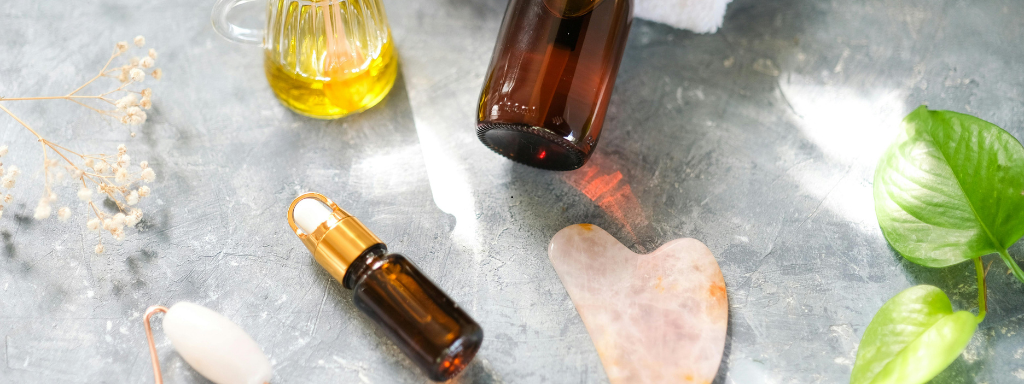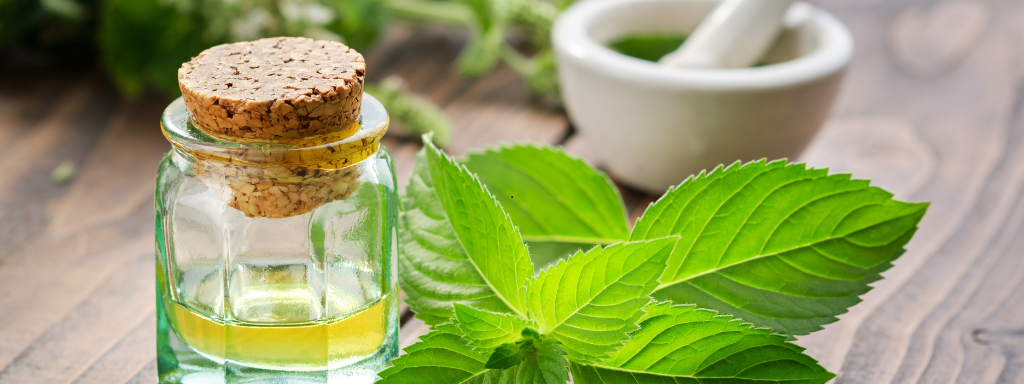Ah, the quest for that perfect golden glow! It’s a pursuit many of us embark on, especially as the sun beckons. And in this pursuit, tanning oil often takes center stage. But what exactly are these glistening concoctions, and how do they work their magic to give you a quicker tan? As someone who’s constantly exploring the vast world of beauty, I’m excited to dive deep into the science and secrets behind best tanning oil for achieving that enviable bronze, responsibly.
What Does Tanning Oil Do for You?
At its core, what does tanning oil do is amplify your skin’s response to UV radiation. When you apply tanning oil, it essentially acts like a magnifying glass for the sun’s rays, directing more UV light onto your skin. This increased exposure stimulates your melanocytes – the cells that generate melanin, the pigment that provides your skin its color – to work faster and produce more melanin. The result? A deeper, quicker tan.
Beyond accelerating the tanning process, many tanning oil formulations also offer moisturizing benefits. Sun exposure can be incredibly drying, so these oils often contain ingredients that help to hydrate and nourish your skin, potentially leading to a more even, longer-lasting tan and reducing the likelihood of peeling. Some even offer a luminous sheen, making your skin look radiant while you tan.

Which is Better, Tanning Oil or Lotion?
This is a frequently asked question, and the answer isn't a simple one-size-fits-all. It boils down to your tanning goals and, more importantly, your commitment to sun safety.
Tanning Oil (Traditional): If your primary goal is to get a very dark tan as quickly as possible, traditional best tanning oil for sunbathing is often favored. They are designed to maximize UV absorption. However, a significant drawback is that many do not contain adequate sun protection. Using tanning oil without sufficient SPF can put you at a high risk of sunburn, early skin aging, and a higher chance of developing skin cancer.
Tanning Lotion (with SPF): Tanning lotions, especially those formulated with a broad-spectrum SPF, prioritize skin protection. While they might not accelerate your tan as dramatically as some oils, they offer a safer way to achieve a sun-kissed look by shielding your skin from UVA and UVB radiation. Many also come packed with hydrating ingredients that benefit your skin health.
My advice? Always prioritize skin health. If you choose an oil, opt for a tanning oil with sun protection, ideally SPF 30 or higher, and reapply frequently. Even better, consider a natural tanning oil that offers some inherent sun protection from its ingredients, but don't rely solely on it.
Does Tanning Oil Make You Darker?
Yes, tanning oil absolutely can make you darker. As we discussed, these oils enhance your skin's ability to absorb UV rays, which in turn boosts melanin production. This acceleration of the natural tanning process leads to a more pronounced and deeper tan.
However, it's crucial to understand the distinction: darker does not automatically mean safer or healthier. A darker tan achieved quickly with minimal or no sun protection means your skin has been exposed to significant UV radiation, which can have detrimental long-term effects on your skin's health and appearance. The aim should always be a beautiful, healthy glow, not just a dark one.
What is the Best Self Tanner?
For those who prioritize skin safety or prefer a year-round glow without sun exposure, self-tanning oil and other self-tanning products are game-changers. The best self-tanner often comes down to personal preference for formulation, shade, and ease of application. Here's what to look for:
-
Mousses: These are very popular for their easy application, quick drying time, and usually provide an immediate color guide to help avoid streaks.
-
Lotions/Creams: Great for beginners, as they are often gradual and very moisturizing.
-
Drops/Serums: Perfect for customizing your tan by adding them to your regular moisturizer.
- Oils (Sunless): A sunless tanning oil can provide a lovely, natural-looking glow while keeping your skin hydrated. Look for dry oil formulas that absorb quickly.
When choosing, consider brands with good reputations like St. Tropez, Bondi Sands, Loving Tan, and Jergens. Always exfoliate thoroughly before application for an even result, and use a tanning mitt for streak-free hands.

Can I Make My Tanning Oil?
You can certainly venture into making your own natural tanning oil, but it’s vital to be aware of the limitations, especially concerning SPF. Homemade oils generally won't provide adequate UV protection, so they should always be used in conjunction with a dedicated broad-spectrum sunscreen.
A simple concept for a nourishing, DIY tanning oil (without SPF):
Carrier Oils: Choose deeply moisturizing oils that are good for the skin. Examples include:
-
Coconut Oil: A popular choice for its skin benefits and lovely scent.
-
Olive Oil: Rich in antioxidants and very nourishing.
-
Jojoba Oil: Mimics skin's natural sebum, excellent for balancing.
- Carrot Seed Oil (Essential Oil, dilute heavily!): Known for its beta-carotene content, which can enhance a tan. Use only a few drops per ounce of carrier oil.
- Optional additions: A couple of drops of your preferred skin-safe essential oils for scent (e.g., lavender, vanilla), or even a touch of finely ground coffee for a subtle tint.
How to make: Combine your chosen carrier oils in a clean, dark glass bottle. If using essential oils or carrot seed essential oil, add them in very small, diluted amounts. Shake well before each use.
Crucial Reminder: Your homemade tanning oil will not protect you from sunburn. Always apply a high-SPF sunscreen generously and frequently when exposing your skin to the sun, even if you’re using a DIY oil. This oil is primarily for skin nourishment and to potentially aid in faster tanning, not for sun protection.
FAQs
Is baby oil bad for tanning?
Yes, using baby oil for tanning is generally not recommended and can be quite detrimental to your skin's health. While baby oil (which is primarily mineral oil) can make your skin feel smooth and potentially help you tan faster by creating a direct exposure to UV rays, it offers no SPF protection. This means you're essentially frying your skin, significantly increasing your risk of severe sunburn, premature aging (wrinkles, sun spots), and crucially, a much higher risk of developing skin cancer. Always opt for a tanning oil with sun protection or a dedicated sunscreen.
What oil gives the darkest tan?
No single tanning oil guarantees the darkest tan safely. The depth of your tan depends on your natural skin tone and how much melanin your body can produce. However, some *best sun tanning oil* formulations contain ingredients that are known to help accelerate melanin production. These often include:
-
Tyrosine: A precursor to melanin, an amino acid.
Carrot Seed Oil (as an ingredient in formulations, not pure essential oil):** Rich in beta-carotene, which can enhance a golden hue.
- Melanin-activating complexes: Proprietary blends found in many commercial best outdoor tanning oil products.
Remember, achieving a dark tan quickly without adequate sun protection comes with significant risks. Prioritize gradual tanning with proper sun protection.
Is tanning oil just fake tan?
No, tanning oil is not the same as fake tan (self-tanner). Here's the key difference:
-
Tanning Oil: functions by increasing the amount of UV light that reaches your skin (from the sun or the tanning bed), thereby stimulating your body's natural melanin production to create a tan. It relies on actual sun exposure.
- Fake Tan (Self-Tanner) / Sunless Tanning Oil: Contains active ingredients like DHA (dihydroxyacetone) that react using the amino acids found in your epidermis' outermost layer to create a tanned appearance *without* any UV exposure. It's a cosmetic stain, not a stimulation of natural melanin.
While there are products labeled *self-tanning oil* or *sunless tanning oil*, these are specifically formulated to give a sunless tan, and they do not require UV light to work. Knowing *how to use tanning oil* effectively means understanding whether you're using a product that works with the sun or without it!


